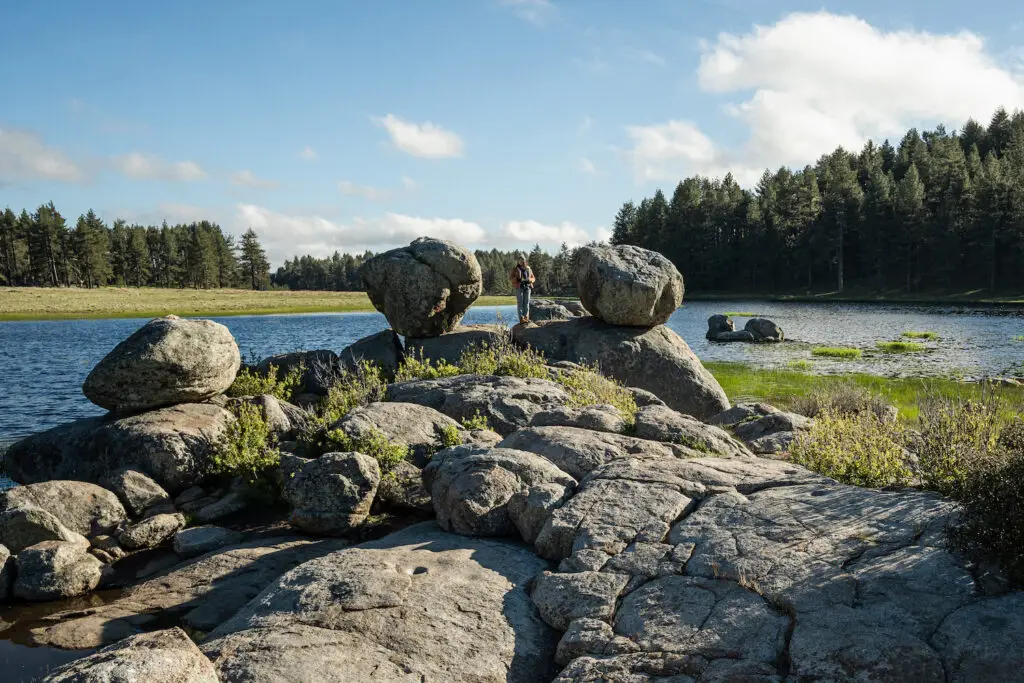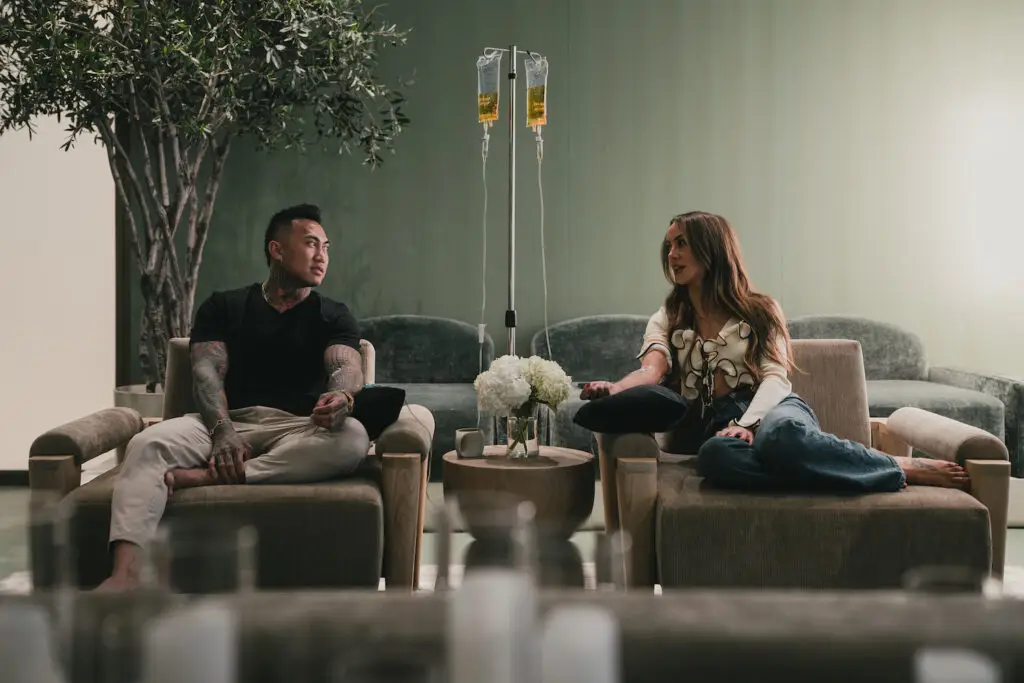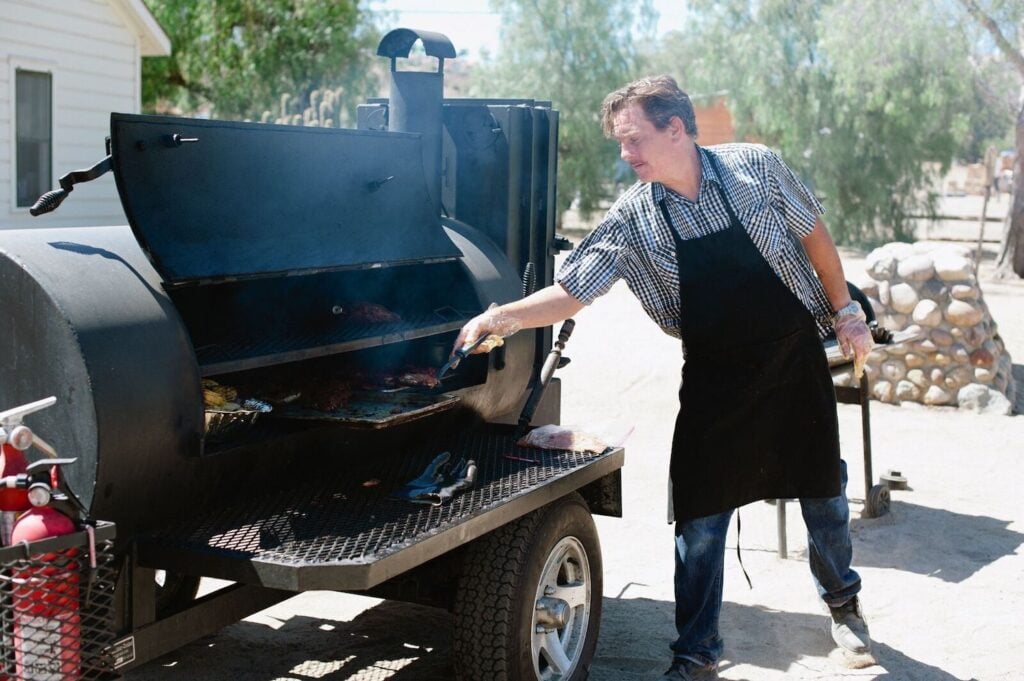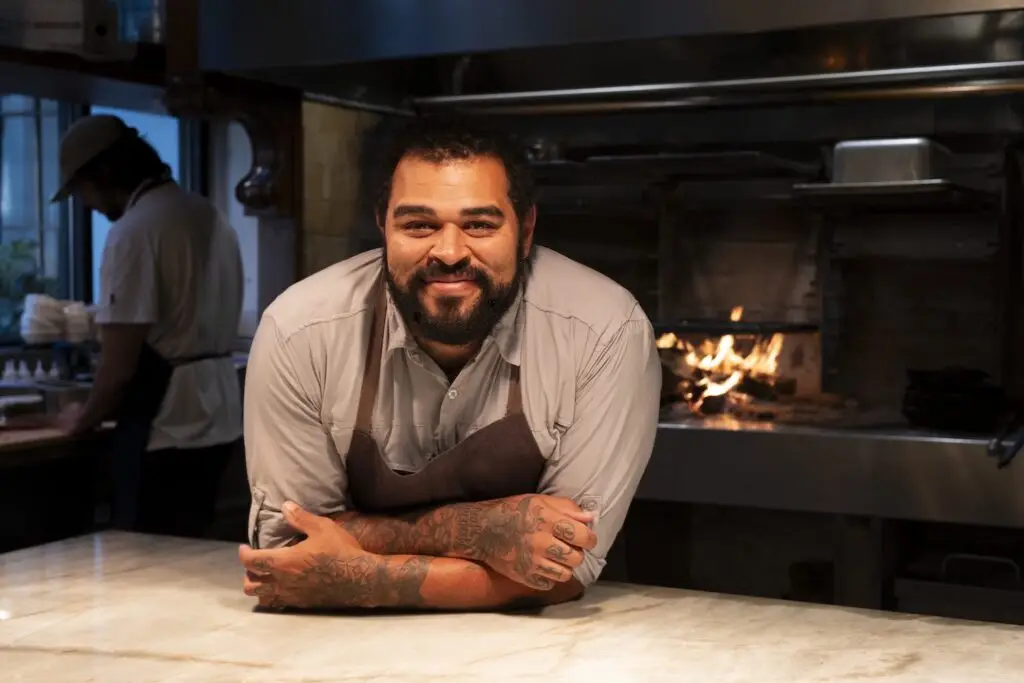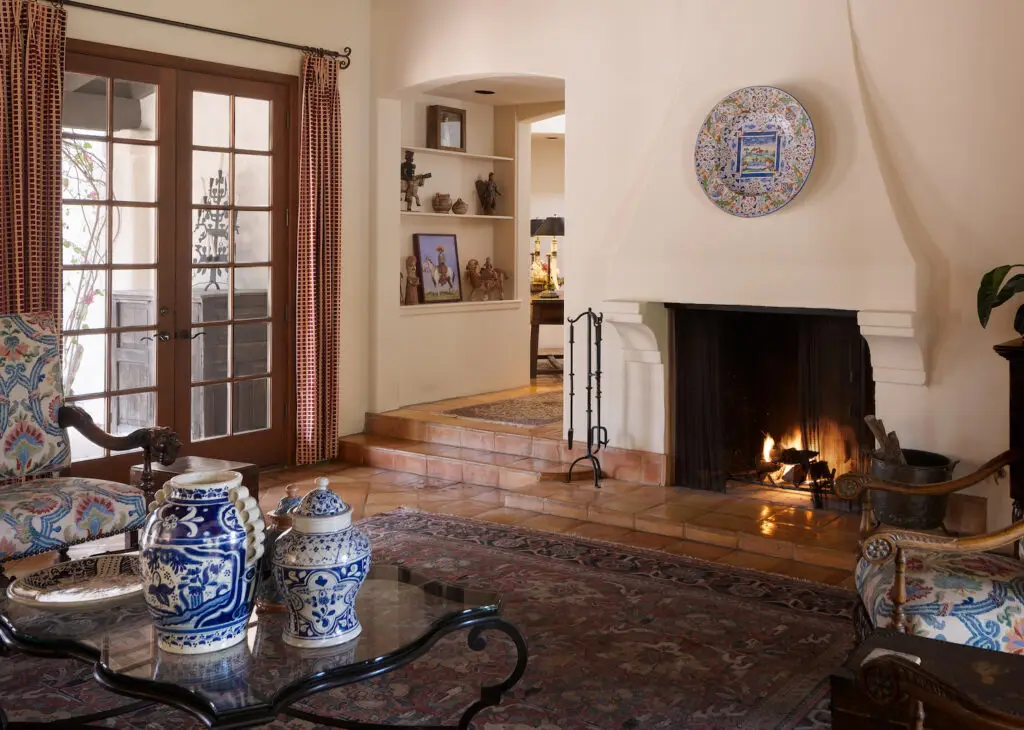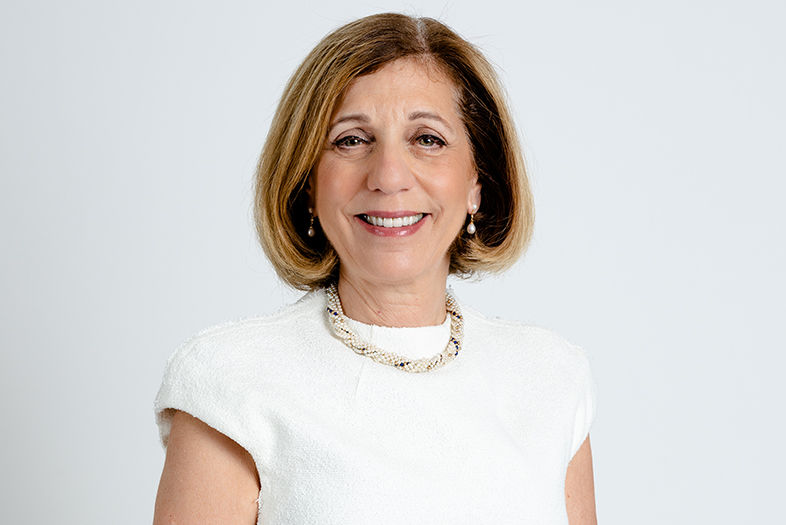I grew up in the ’60s. My parents got divorced, and my mom went to work full-time in an ad agency where she was paid less than the comparable men and there was nothing she could do about it. She went to buy a house she could afford but still had to get a male friend to cosign on the mortgage. So I grew up seeing the importance of empowering women. My mom, Adelaide Bry—I’ve always kept my name partly in honor of her—was very successful in the business world and then became a very successful psychotherapist and author. I went to Harvard Business School and graduated in 1976, at a time when few women were going to business school anywhere.
When I was in my 20s, I was a reporter at the Sacramento Bee. I covered economic issues in state government, and a senior Brown administration official (this was Jerry Brown’s first term) would call me at night wanting to come over. I never told anybody—I didn’t tell the Bee, I didn’t tell my girlfriends, I didn’t complain to the Brown administration, I just figured it was something I had to deal with as best I could.
At the Bee and then at the LA Times, I never thought to negotiate my salary. I was afraid. I thought if I asked for more, the offer would be rescinded. I later found out that the men asked for more—and got it.
And I think I was, like, the second reporter at LA Times to have a baby. When they didn’t allow me to work part-time, I quit. It was the best decision in my life. Because of that I ended up in the tech world. I went to work with one of the founders of Connect, and many years later at Voice of San Diego.
Because of my mom, I started Athena to empower women in the tech and life science community, I started Run Women Run to elect San Diego pro-choice women, and I served on the board of Planned Parenthood. A lot of my life has been about empowering women in business, health care, and politics.
As the #MeToo movement unfolded, I started thinking about what we could do here in San Diego. Earlier this year, I called together the leaders of Athena and Run Women Run and the Lawyers’ Club (which is the Women’s Bar Association). One woman said, “It’s not just about sexual harassment, it’s also about pay equity.” So we formed the Workplace Equity Initiative. The acronym is “WEI” because we are all in this together—women and men, employers and employees, business and nonprofit, government; lots of different employers.
The goal is to bring together a diverse group of San Diegans to raise awareness of sexual harassment and pay inequity, to equip those in need with the tools to address the issues, and to develop a code of conduct for San Diego employers. I view this as a public-private partnership, because I want to demonstrate that we can do something meaningful without passing a law.
We’ve held two workshops. In the room were 50 to 60 people that represent a microcosm of the San Diego economy. People in big and small business, the military, someone from Biocom, chamber of commerce members, a representative of hotel works, one from the building trades, we all talked about what should be in the code of conduct.
The third workshop is in September to finalize the code, which is like a Good Housekeeping seal of approval for a company to adopt. One of the steering committee members had a vision of having 100 employers in a room signing the finalized code of conduct because they understand that having a workplace that holds these values is going to be important in attracting and retaining the best talent.
People are afraid to go to human resources because they don’t view it as necessarily being their ally. HR is paid by the corporation. That’s why we’ve asked the Lawyers’ Club to develop a set of online tools and resources where men and women can go to see how they should proceed if they believe they’re a victim of sexual harassment or pay inequity.
Someone has said, “How are you going to hold them accountable?” Well, we’re going to count on all of us to hold one another accountable. You need laws for things like increasing the minimum wage or regulating short-term vacation rentals. We do already have laws against sexual harassment. Some things I think are more effective coming from the bully pulpit and societal pressure. This is one of them.

How I’m Empowering Women in the Workplace
Photo by Flavio Scorsato




